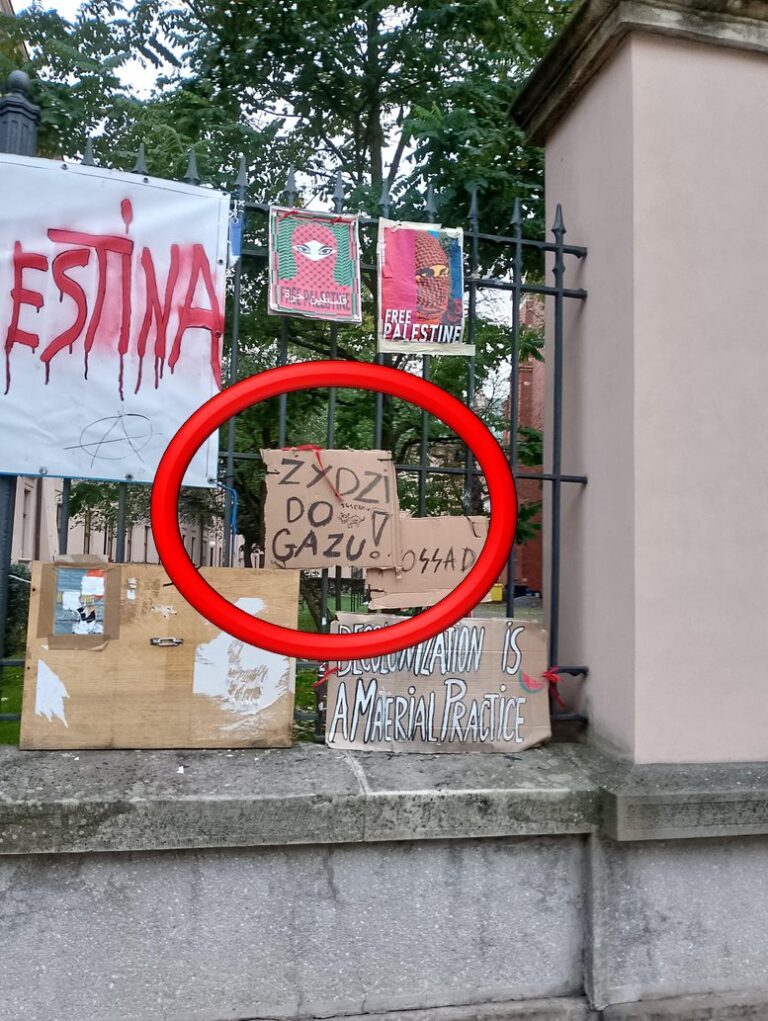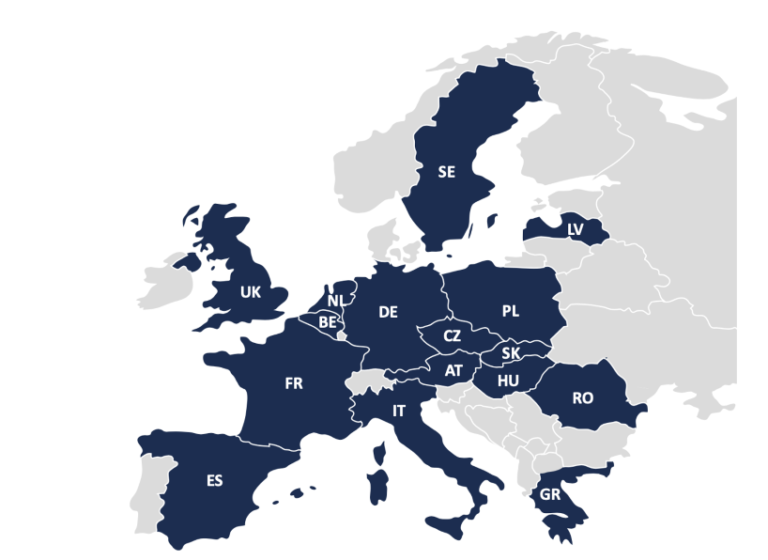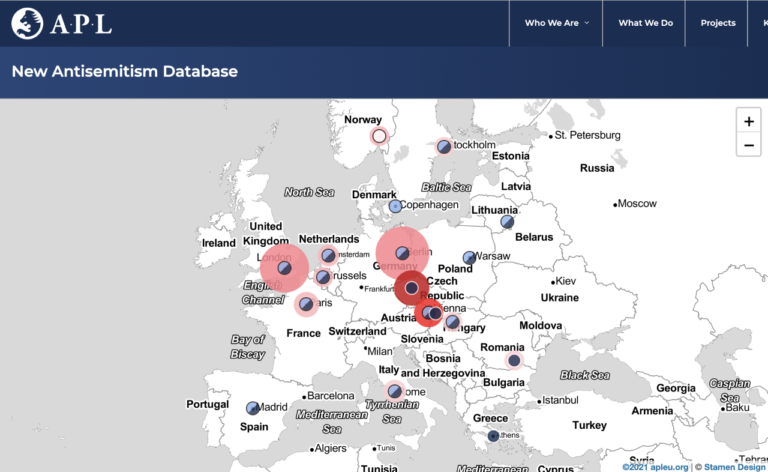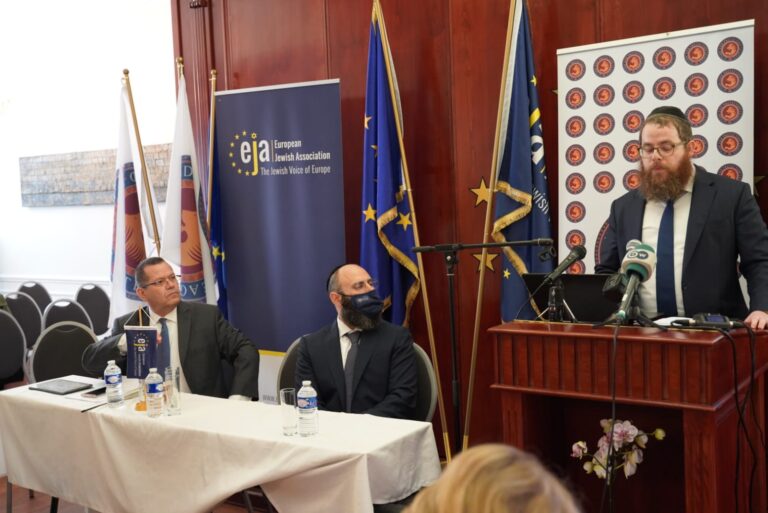European Commission coordinator on combating antisemitism and fostering Jewish life claims that new forms of antisemitism are on the rise in the digital age.
According to Katharina von Schnurbein, the European Commission coordinator on combating antisemitism and fostering Jewish life, while ancient forms of antisemitism stemming from conspiracy theories, racism, religious bias, scapegoating, and more are still prevailing, new forms of antisemitism are also emerging, posing new challenges, reports The Jerusalem Post.
Von Schnurbein believes that the two significant challenges in combating antisemitism in the digital age are social media and artificial intelligence, the former providing a variety of platforms for Jew-hatred and anti-Israel sentiments.
Von Schnurbein envisaged an AI situation in which a virtual concentration camp would be created, and the inmates would say that it is not so bad, considering they get free food and accommodation. The example clearly shows that regulations must be applied to AI to ensure that something of this nature does not happen, she said.
Social media poses a threat, as it provides a platform for conspiracy theories to spread, as it happened during the COVID-19 pandemic, in which conspiracy theories about Jewish involvement in the spread of the disease resulted in so many fatalities.
Von Schnurbein raised attention to another form of antisemitism: Holocaust denial and distortion, which is being spread by Russia in its trivialising of the Holocaust.
Antisemitism has been virulent since the beginning of the 21st century and has impacted not only the Jewish community but also democracy, von Schnurbein added.
Although Holocaust denial is now illegal in Europe, Holocaust distortion and trivialisation are much more complex, and to prevent it, Holocaust remembrance much be promoted, said Von Schnurbein, highlighting the importance of education.
Regarding the connection between anti-Israel sentiment and antisemitism, Von Schnurbein said that criticism of Israel, provided that it does not contain antisemitic tropes, cannot be regarded as antisemitism. However, a European-wide survey conducted among tens of thousands of European Jews revealed that the most pernicious form of antisemitism is related to the Holocaust through online comparisons of Israel’s treatment of Palestinians to how the Nazis treated Jews.
Von Schnurbein noted that the increase in antisemitism has created greater awareness among EU member states of how antisemitism can negatively impact human rights and democracy. As a result, more than 1,000 entities have endorsed or adopted the IHRA working definition of antisemitism.
Photo credit: Jussi Helttunen








